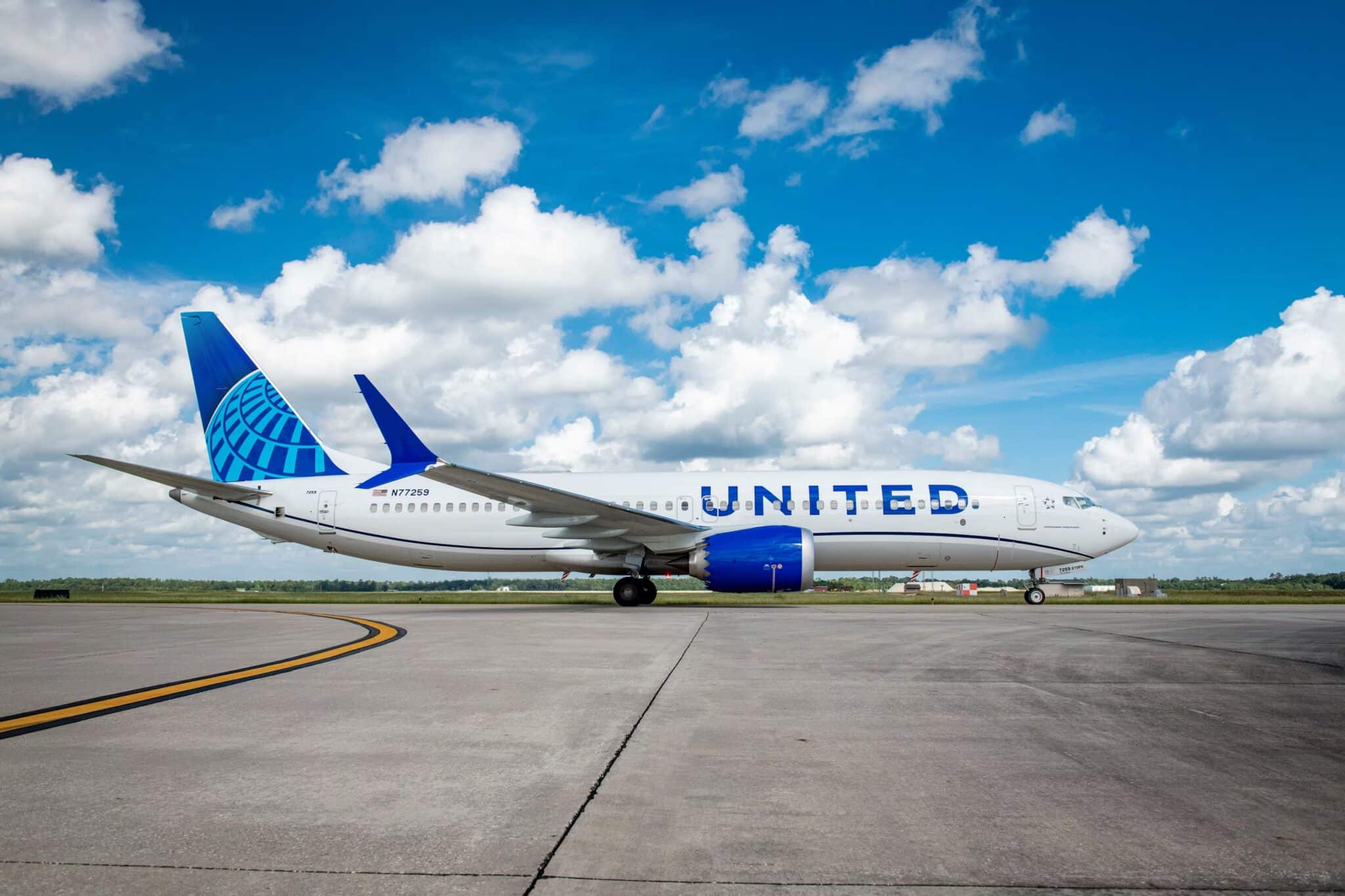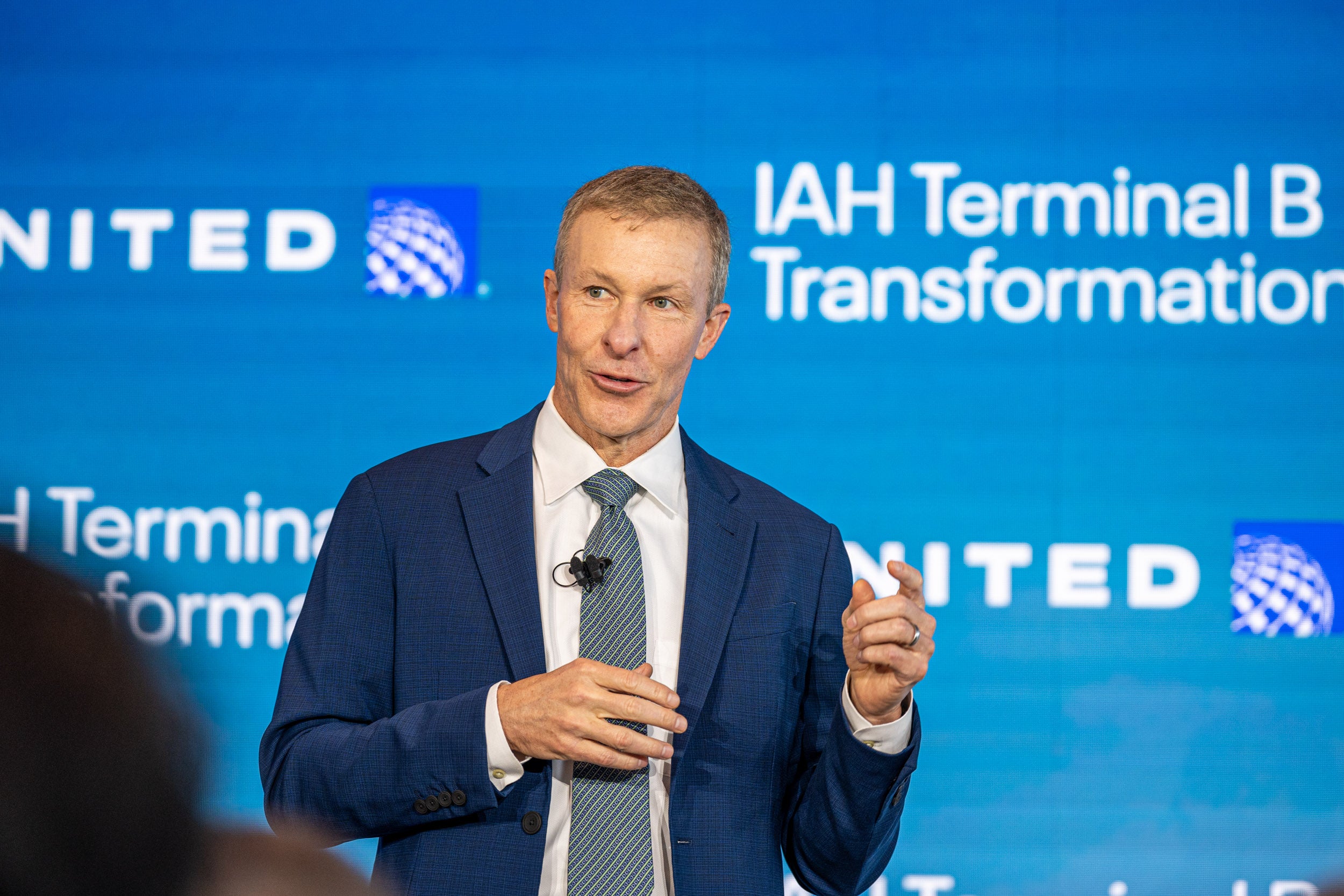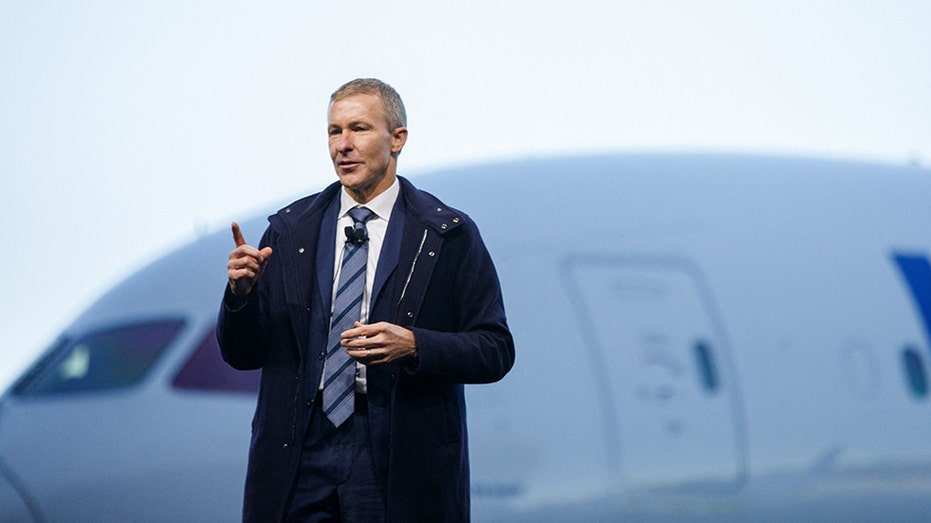United Airlines is attempting to reassure passengers following a spate of accidents on its Boeing jets this year. In a statement to customers, the airline states that safety is “at the center of everything that we do.”
“While they are all unrelated, I want you to know that these incidents have captured our attention and sharpened our focus,” CEO Scott Kirby wrote in a Monday morning statement to customers.
United CEO Tries To Reassure Customers Following Multiple Safety Incidents
On Friday, a United Boeing 737-800 landed in Medford, Oregon, missing an underside fuselage panel.
Earlier this month, United experienced four mishaps, all involving Boeing jets. A United Boeing 737-900ER blew flames from its engine after takeoff from Houston, a Boeing 777 lost a wheel during takeoff from San Francisco, a Boeing 737 Max slipped off a runway in Houston, and a United Boeing 777 trailed hydraulic fluid as it left Sydney.
“Our team is reviewing the details of each case to understand what happened and using those insights to inform our safety training and procedures across all employee groups,” Kirby continued.
The airline is extending pilot training by one day, retooling training for new mechanics, and “dedicating more resources to supplier network management.”
Passengers witnessing a run of negative articles about the airline and its Boeing jets may consider booking elsewhere. In its letter, the airline is attempting to keep consumers from departing. As of the end of last year, 81% of the jets used on United’s mainline operations were manufactured by Boeing, compared to little more than half of the jets in rivals Delta and American Airlines’ mainline fleets.
Aside from the problems on flights, the most dramatic Boeing incident this year featured an Alaska Airlines Boeing 737 Max 9, which lost a door stopper on a January 5 flight, resulting in a gaping hole in the plane’s side. And last week, a Latam Airlines flight from Sydney, Australia, to Auckland, New Zealand, fell unexpectedly, throwing some passengers to the cabin ceiling.
United CEO Tries To Reassure Customers Following Multiple Safety Incidents
Investigators are still investigating the causes of both events, but a preliminary report from the National Transportation Safety Board showed Boeing left the bolts required to keep the door plug in place on the 10-week-old Alaska Air jet. Boeing asserted that an incident in the cockpit rather than a problem with the aircraft’s systems may have caused the Latam accident.
The age of the aircraft in the United incidents suggests that the problem could be with their staff rather than Boeing’s well-documented quality faults. For example, Boeing purchased the jet that lost its panel on a Friday trip in 1998. So, Boeing’s quality difficulties are likely unrelated to that occurrence.
However, Boeing’s issues have impeded United’s operations. Due to the FAA’s production slowdown, it has halted hiring a new class of pilots since it will receive fewer new planes from Boeing this year, as previously promised. In January, the Alaska Air incident grounded its 737 Max 9 jets for three weeks.
United CEO Tries To Reassure Customers Following Multiple Safety Incidents
Furthermore, approval of a new generation of Boeing jets, the 737 Max 10, ordered by United, has been delayed due to the company’s quality and safety issues.
Kirby told investors last week that United is considering purchasing more jets from Boeing competitor Airbus. He also stated earlier this year that the Alaska Air incident was the “straw that broke the camel’s back” on United’s plans to receive deliveries of the Max 10 in the near future.’
SOURCE – (CNN)












